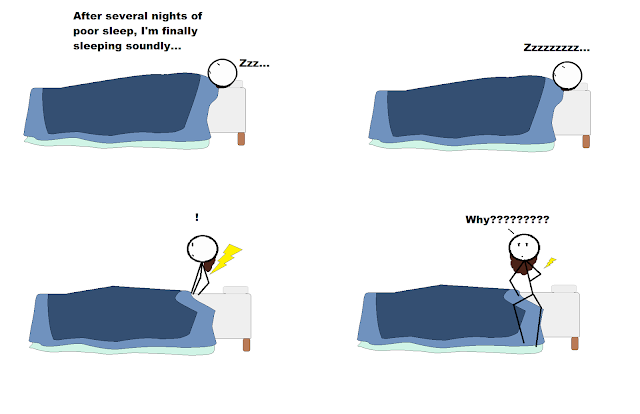More words that are from the
Proto Indo European ar-,
to fit together. As usual, they will be
weird.
It might surprise you that art
is from the same place as arm, but it is. It showed up in the
early thirteenth century meaning skill, moving on to mean
skill in learning or science, then human workmanship, and finally in the
seventeenth century creative arts. Yes, it really took that long! It comes from
the
Old
French art and
classical
Latin artem, which could mean
a work of art or a skill.
That’s then from the PIE
ar-ti, which is from ar-, to fit together. Art…
fits together!
Obviously artist is from there,
though with a slightly different origin. It showed up in the
late sixteenth century from the French
artiste
and Italian
artista, which is from the Latin
ars, from ar-. There’s
also artisan (though very specifically
not artesian) which showed up in the
mid sixteenth century meaning a craftsman, coming from the Italian
artigiano, and
Vulgar
Latin artitianus. That’s from the classical Latin
artitus,
from the verb
artire, also from ar.
Article is pretty old, having
shown up in the
thirteenth century,
meaning the separate parts of anything written, then the grammar usage in the
sixteenth century, and finally a composition in a journal in the eighteenth
century. It comes from the Old French
article, and classical Latin
articulus,
which meant
article but also a joint, and that’s from ar. Then we have articulate, which showed up
in the
late sixteenth century meaning speech divided into parts, then clear and distinct. And that just
happens to also be from articulus, too.
Artifact is fairly recent,
having shown up in
1821 meaning something
modified by human art. It’s from the Italian
artefatto, which is a mix of the Latin
arte,
by art,
and
factum,
done.
An artifact is done by art, and then in 1885 people started to use it in
archeology, and now we have that. Artificial stayed closer to the original
meaning, and it’s older too, having shown up in the late fourteenth century. It’s
from the Old French
artificial, classical Latin
artificialis, which can be traced to ars and ar-.




